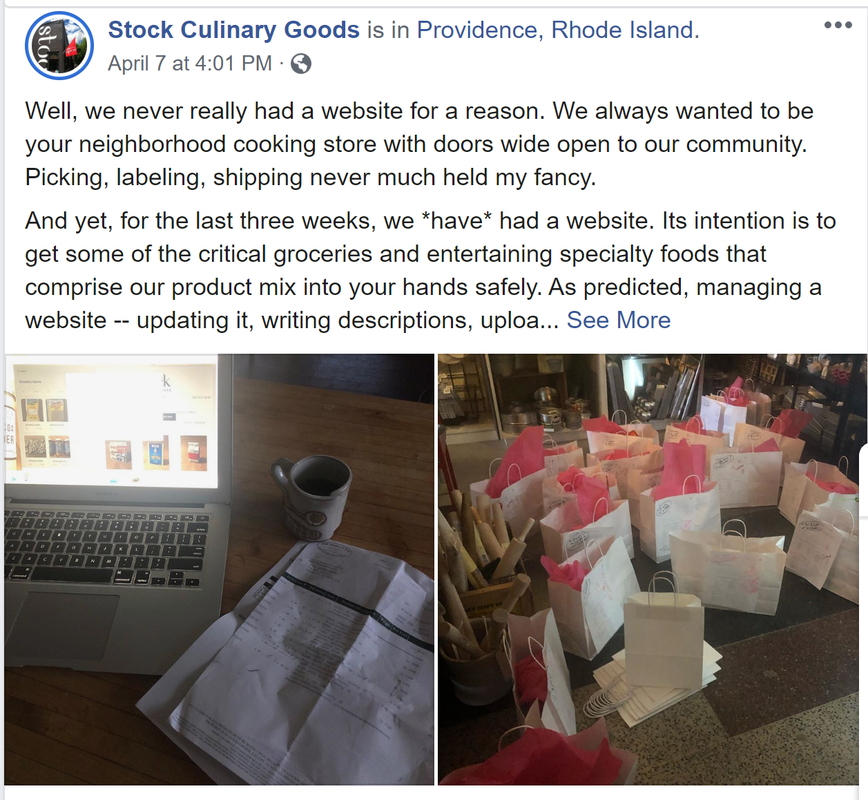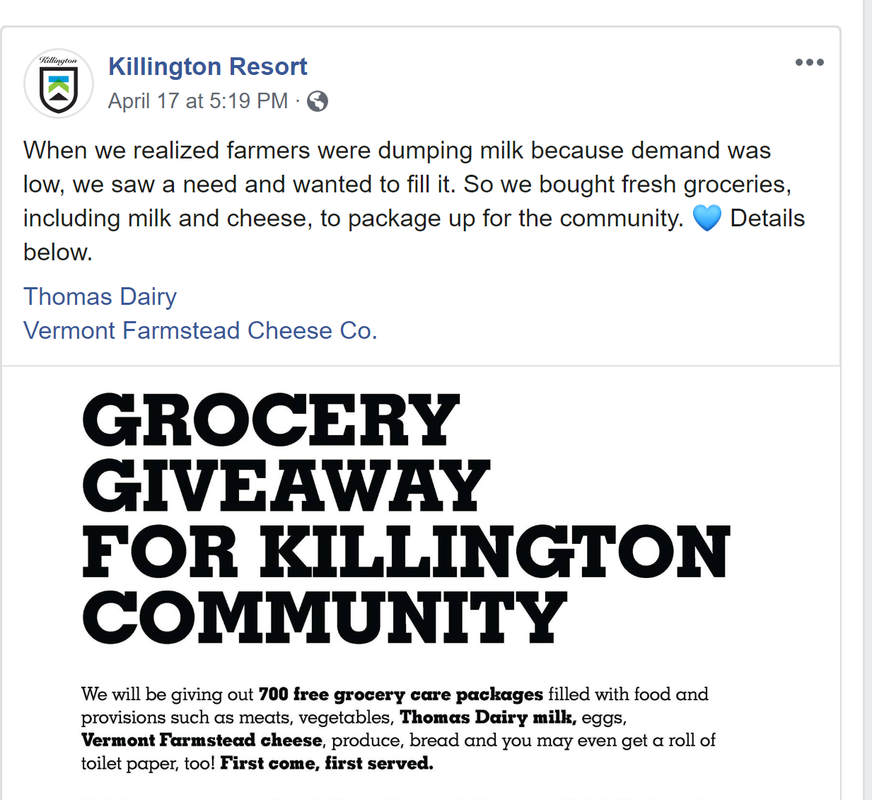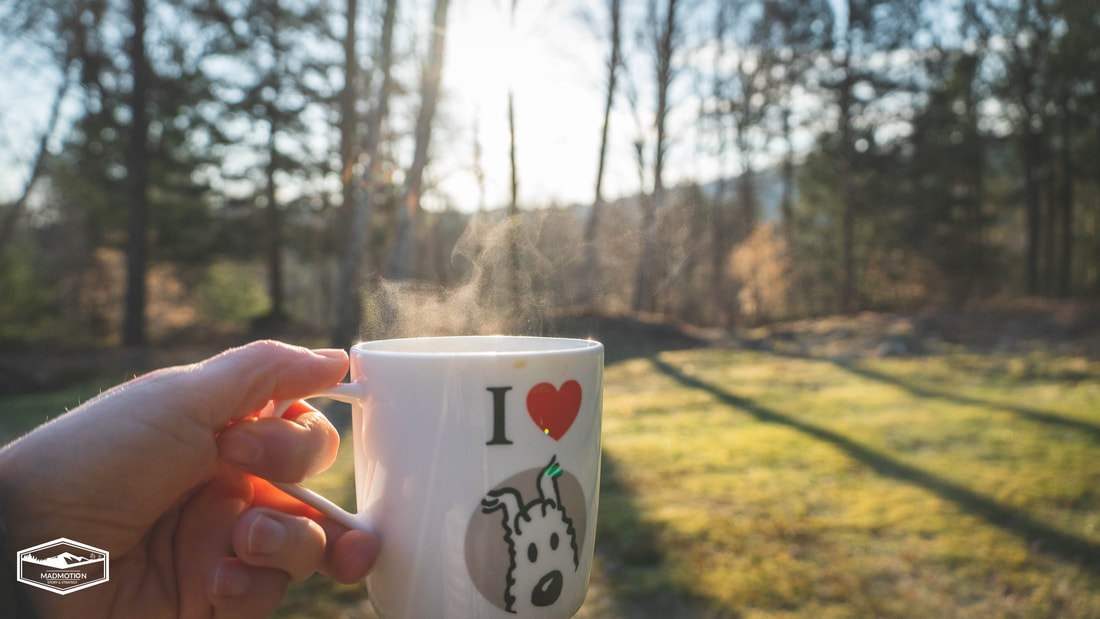|
The first week on "lockdown" our friend Charlie Brenneman said "This is not a vacation, it's life."
This experience is different for everyone. Some are concerned with isolation, some with uncertainty and anxiety, some with where their next meal will come from, others with how they'll make it through another brutal shift and whether they'll catch what so many of their patients have. Some quite literally are fighting for their lives. But for all of us there's been tremendous change in how we understand what we are experiencing , internally and externally, as weeks go by. It started with a sense of urgency. For me deciding if those last trips I could squeeze in were worth it, stocking up on food, trying to find hand sanitizer, reducing expenses, making sure relatives and loved ones were safely set up, re framing marketing campaigns and messaging for clients, and thinking about how we could serve the community we'd built around the podcast. Next we learned that schools would close. Focus shifted to the kids - how do we establish ground rules, enough structure but not too much, get enough exercise we don't kill each other, stock enough food to feed two teenage boys who are home all day! Easy challenges compared to some, but still "crisis" or "reactive" mode. Then there was worry. Could I have caught something on that last trip I took to a huge podcasting conference in Florida? Four full flights and thousands of people from all over the world. Could I have given it to my mother or my husband, both on the "vulnerable" list? Today we ALL need to start thinking about this differently. How do we make this situation, to whatever degree it extends, sustainable on the micro and macro level. By that I mean - this is not vacation, this is life. It's time to set up a structure for your days that will work long term. On the community level it's time to give very careful thought to where you spend your money and who you can support. Local matters more than ever. Look at what this crisis has revealed. Businesses like uber and instacart are not the heroes here. The heroes are the small local businesses that innovate fast and are driven by a mission not just to survive but to serve their neighbors. It's not too different from a hurricane. When Irene struck our small towns the first to respond was not the federal or even the state government - they move too slow, it takes them too long to learn what people on the ground really need. It's small local groups that are the first line responders jumping in with creative solutions. When Killington saw that dairy farmers were forced to dump milk and that locals were worried about finding their next meal they decided to help both by giving grocery care packages that included local milk and cheese. My sister in law's shop, Stock Culinary Goods, sold local groceries as an add on, but she realized she could use her relationships with local suppliers and her takeout window to serve her community. There are millions of these stories. All businesses are struggling, and they need income to survive and to keep paying employees. But now, as a citizen, it is time to think about what matters for community sustainability and to take note of where businesses (big and small) focus in this crisis. Comments are closed.
|
This blog is a place I share some of the things I think about, the photos I take, and the videos I make. They are about life, family, work, content strategy, content creation and podcasting.
Categories
All
Archives
October 2023
|





